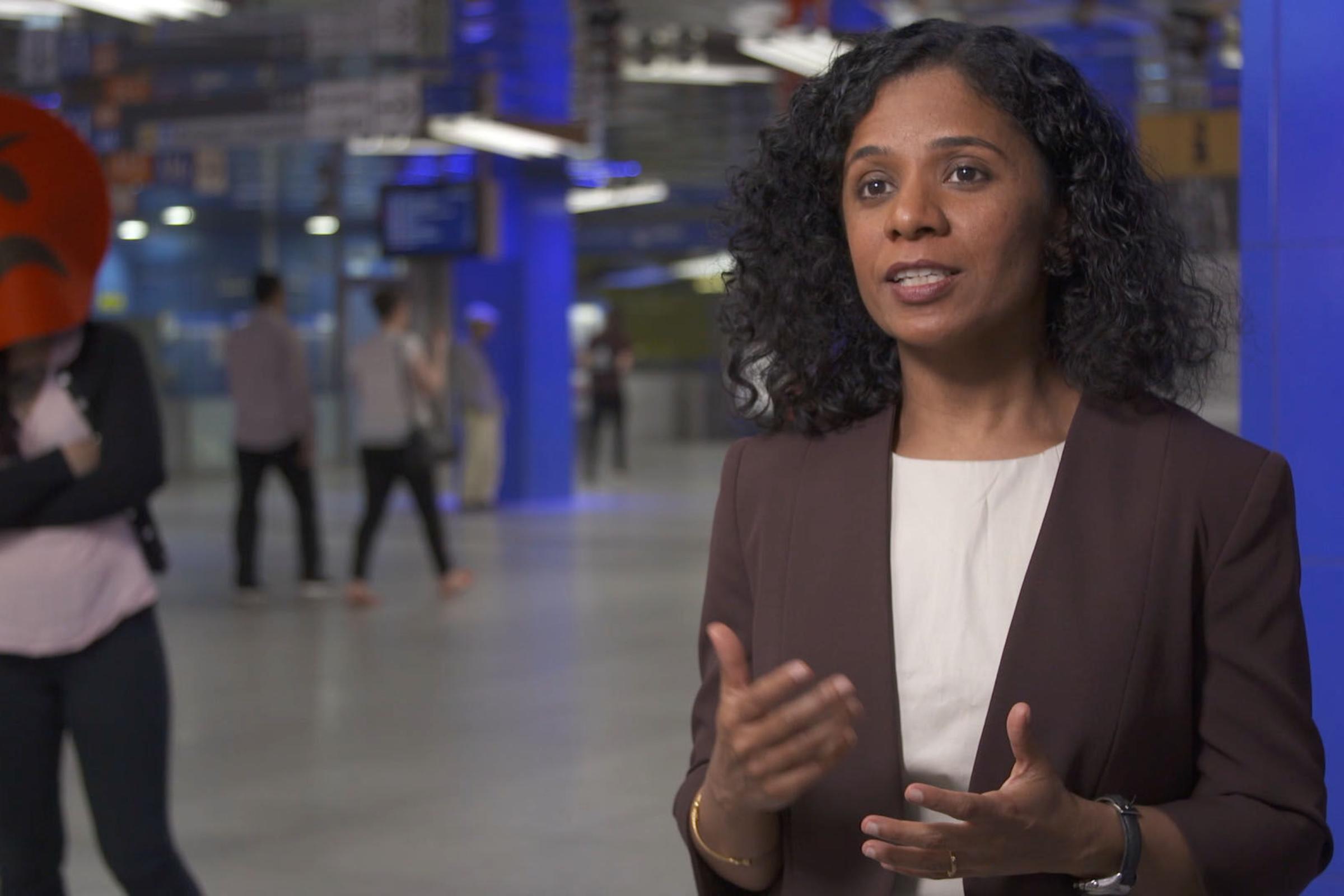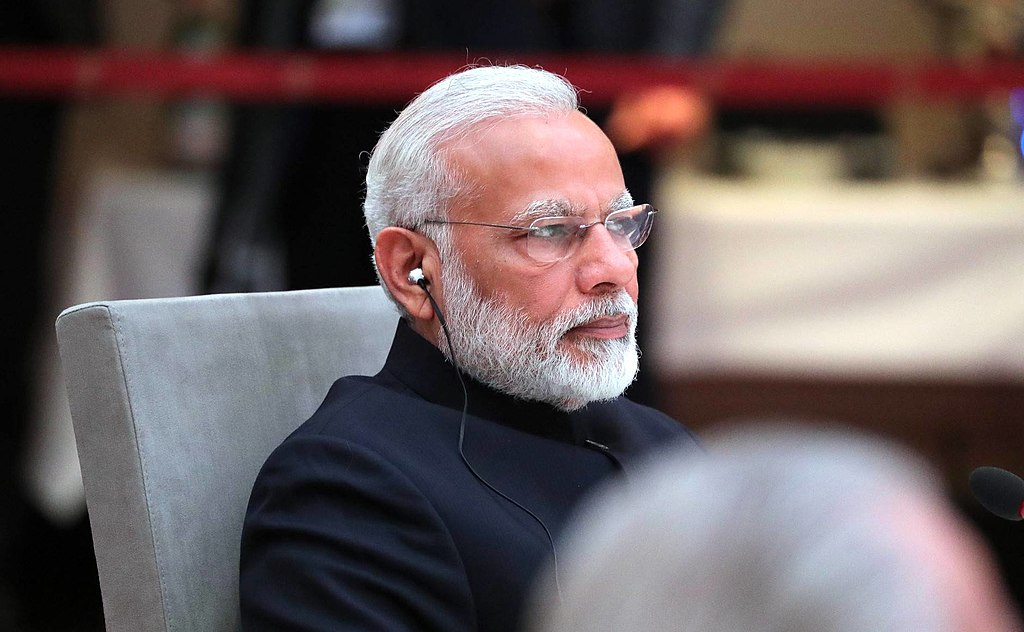By Aastha Tyagi*
What should we do when our interlocutors reject our presence in the field? Should we persist with our research projects or make radical changes to them? In this short piece, I reflect on these methodological issues through my fieldwork experience among female Hindu nationalists.
For my doctoral studies, I investigated the socialisation processes and everyday lives of members of India’s largest Hindu nationalist coalition, the Sangh Family. The Sangh Family is headed by the Rashtriya Swayamsevak Sangh (RSS). For my case study, I chose the Akhil Bharatiya Vidyarthi Parishad (ABVP; All India Students’ Committee), the student wing of the RSS. Founded in 1949, the ABVP is present in all major universities in India. With almost three million members, it is the largest student organisation in the world. The ABVP has two goals: to further the Hindu nationalist movement on university campuses, and to work for students. Through the ABVP, the movement has engaged university students, distinct caste groups, women with access to higher education, and students from non-Hindu nationalist networks. ABVP students are Hindu nationalists who describe themselves as ideological warriors and political agents. For us, the ABVP also becomes a crucial site for studying the movement, as most political leaders currently leading the Indian government are celebrated ABVP alumni.
When I began this project, I wanted to understand Hindu nationalism. How did ordinary individuals become part of the RSS? To comprehend the movement and power of the Sangh Parivar, a gargantuan, almost century-old institution, it was important to understand the lives of its ‘actors’. In particular, I wanted to focus on how ideology permeated the lives of its believers.
My method for investigating these questions was ethnography. I used my contacts from previous fieldwork interlocutors to establish a connection with ABVP students. I conducted my fieldwork in two universities in India’s capital in 2019 and 2021-2022, both before and during the COVID-19 pandemic. I relied on snowball sampling to meet interlocutors and establish connections. I first conducted participant observation in public meetings, protests, demonstrations, and the common hang-out spots of Hindu nationalist students. After 4-5 meetings, I conducted continuous in-depth interviews and gained access to more intimate spaces and internal groups within the organisation.
There were 30 main interlocutors in my study. Of these, 18 identified as female and 12 as male. More than half of my interlocutors (20) were Brahmins, while there were also 7 Other Backward Castes (Jats and Gujjars) and 3 Rajputs. Among the 30 students, half came from Hindu nationalist families. The educational levels of the group were as follows: 10 doctoral students, 12 master’s students, and 8 bachelor’s students. Ninety per cent were studying Humanities and Social Sciences at the university. The castes in question are middle castes that have become increasingly dominant in the current political landscape. As for my own identity, I introduced myself to my interlocutors as a North Indian woman from a middle-class urban family. I shared caste, language, regional, and gender markers with many of my interlocutors. They seemed aware of my caste status, as my surname indicated a dominant caste position. I presented my institutional credentials as an international student. I identify as a cis-female.
My identity, particularly my caste position, granted me access to spaces that would not have been possible without my caste privilege and its historical association with the movement. Furthermore, my female identity allowed me into spaces and conversations with female students, and also, at times, with male members about aspirations, masculinity, and the pressures they face.
Fieldwork as a site of constant negotiation
In 2021, I returned to the field for a second round of fieldwork. A new variant of COVID-19 was steadily gaining hold, and we were still grieving the second wave that had ravaged India. For my fieldwork interlocutors, the second wave had not been as bad as ‘the anti-India media wanted to portray it’. As I began reaching out to my primary interlocutors for meetings, I was given dates, places, and times for meetings. Many of these meetings would be postponed or cancelled, or I would receive nothing but radio silence. Most of my female interlocutors would set up meetings and then postpone them, instead asking me to attend a protest or demonstration. Most of the male interlocutors were busy travelling across a neighbouring state, the site of upcoming elections. After weeks of postponements with many interlocutors I considered close, I began to notice a pattern. No one was outrightly denying me a meeting. Instead, there were consistent efforts to postpone, not respond for long periods, and I would begin the process again, only to end in vain.
Then one morning, an interlocutor asked me to meet her at her home. She asked me to reiterate my promise of confidentiality before we met, and I assured her of it. Compared to our phone conversations, she seemed more relaxed in her home. I shared with her the pattern I had noticed. She looked visibly uncomfortable and then told me that group members had been asked not to speak to ‘outsiders’.
What made me an outsider? I was a researcher from a foreign university and not explicitly part of the group. I asked if this was why most people were unwilling to meet and instead asked me to attend group events. She replied, ‘Yes. No one wants to get into trouble. And you know how everyone knows everything here’.
I had encountered this strategy among another group (specifically for women) I had been studying for six years. In 2019, there was a change of leadership, and those more articulate about their desire for power were given leadership positions. Despite offering every proof of my genuine interest – my proposal, publications, identity proof, letters from my graduate school, and, for those who asked, my MA and MPhil theses – this was no longer enough. I could continue to bring these documents, show up for meetings, and attempt to have conversations, only to be met with a wall. After a few months, a few kind members took pity on my efforts and helped me out, but such help became increasingly rare.
Gatekeeping is a technique often encountered during fieldwork. It is present in every fieldwork experience and must be negotiated. What I found interesting in my experience with Hindu nationalist organisations is how the techniques and questions of gatekeeping, and relatedly, power, changed soon after 2014, the year of Hindu nationalism’s electoral ascendancy.
When I first began fieldwork for my Master’s thesis in late 2012, I was also subjected to questioning and scrutiny. Field experiences were tenuous, but I could still have open conversations with most interlocutors, especially those lower in the organisational hierarchy. Each year after 2014, the gatekeeping became more nuanced and non-negotiable. Earlier, I could conduct fieldwork as long as I did not antagonise. But as the years passed, it was as though I was being asked to prove my loyalty to the organisation and ideology to be granted access.
Over the years, everyday violence against those who disagree or are considered enemies of the imagined nation has increased in both intensity and frequency. Unlike a decade ago, my recent interlocutors have engaged in multiple acts of violence, with sufficient visual evidence and no repercussions. With this growing power differential came a widening distance between me and my interlocutors.
New research challenges
They no longer want to be understood by others; that time is long gone. Now, they aim to control the narrative, and those who wish to study the movement ethnographically must find more creative ways. Do I see myself accessing the field the way I could four years ago? No. Do I hope someone else can? Yes. Ethnography as a method allows an intimacy with the field that no other method can. We see the ‘actors’ as people in their circumstances. This dance of insider-outsider has been productive, exhausting, but also saddening. This decade-long fieldwork experience has been like a boomerang: I began with an assumption and a hope to understand. I grew close to my interlocutors and was able to be honest as well. Towards the end, the walls reappeared, and my field now feels like a stranger again. I am back on the outside. I see this growing distance as consonant with the rising state power the movement has come to possess, and the aspirations of my interlocutors, articulated in the language of material gains, state institutions, and the movement. To me, this change signals the absolute power that the Hindu nationalist movement now occupies in India.
To conclude, I will raise two complications that I reflect on. First, in situations where one’s politics or identity are perceived to be in conflict with the field, what becomes of honesty and our relationship with our interlocutors? Secondly, how do we study those we might disagree with, and communicate that to our peers, who might view our ‘lack of objectivity’ as a detriment to the quality of our scholarship?
*Dr Aastha Tyagi (Universität Hamburg) is a qualitative postdoctoral researcher at the University of Hamburg. Her doctoral work focused on young Hindu nationalists in contemporary India. She completed her doctoral studies in 2023 at the University of Göttingen.
Image by Phuong Luu from Pixabay






